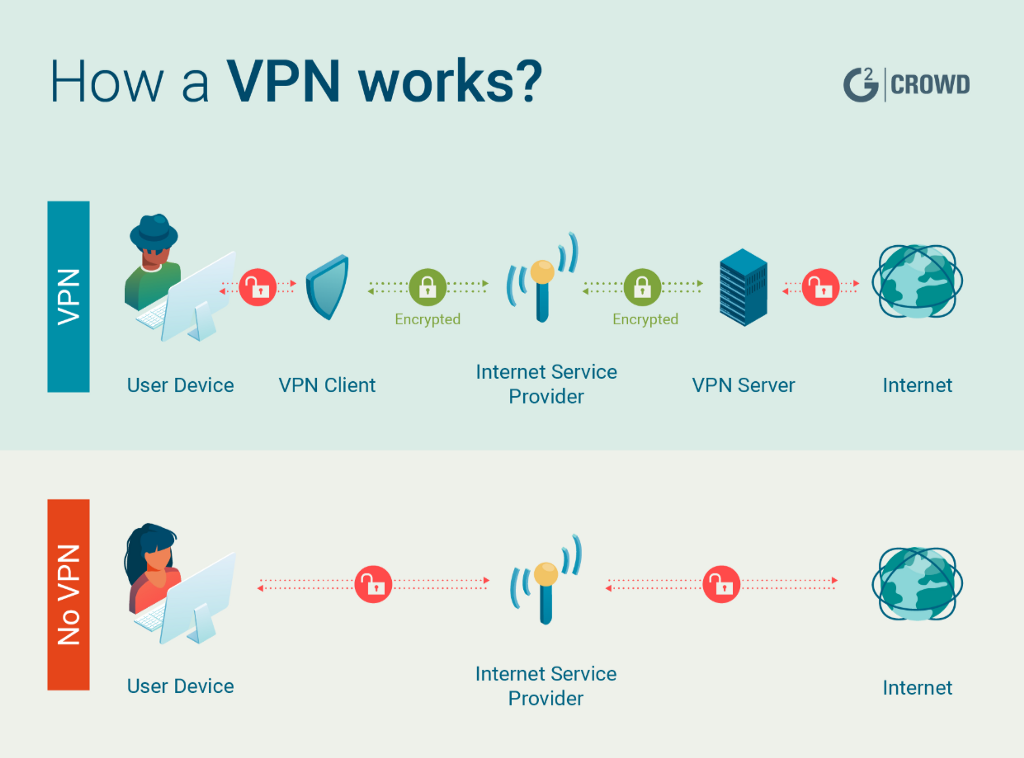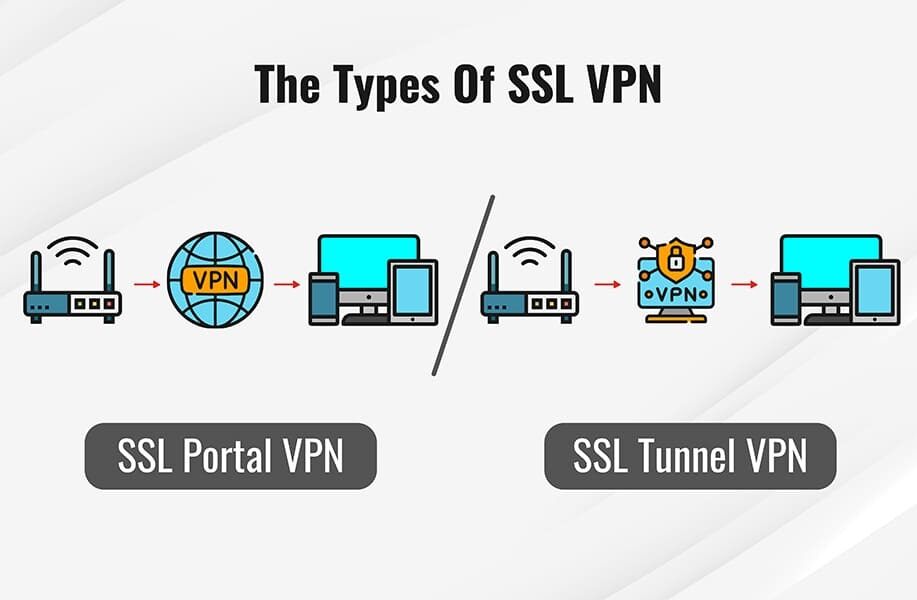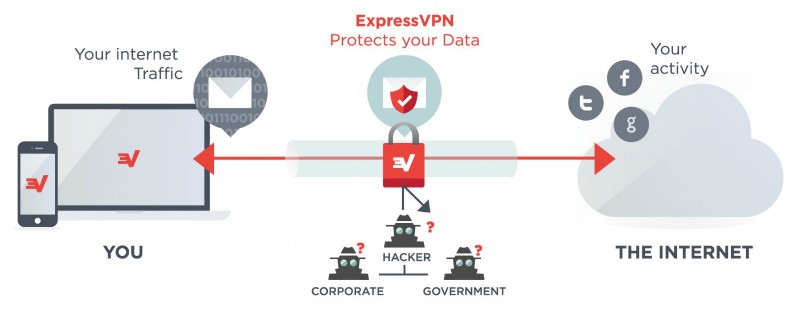Featured
Table of Contents
- – What Is A Vpn & How Does It Work?
- – How A Vpn (Virtual Private Network) Works - Ho...
- – What Is A Vpn And Why Should You Use One?
- – What Is A Vpn And How Does It Work?
- – Vpn Faq: What You Need To Know About Virtual ...
- – What Is A Vpn And Why Should You Use One?
- – Everything You Need To Know About Vpns For T...
- – How Does A Vpn Work To Protect You?
What Is A Vpn & How Does It Work?
In a mobile VPN, the server still sits at the edge of the company's network, making it possible for protected tunneled gain access to by validated, authorized clients. Mobile VPN tunnels are not connected to physical IP addresses.
Hardware VPNs use a number of advantages over software-based VPNs. In addition to offering enhanced security, hardware VPNs can offer load balancing for large customer loads. Administration is handled through a web browser interface. A hardware VPN is more costly than a software-based one. Since of the expense, hardware VPNs are more feasible for bigger businesses.

Paid vendor alternatives tend to be advised more typically than free ones. Some VPNvendors, among numerous, consist of the following: consists of a strong collection of security functions with a large collection of servers. Nord, VPN has functions such as Tor browser connections for confidential web browsing, while maintaining a strong stance on customer privacy.
How A Vpn (Virtual Private Network) Works - Howstuffworks
It does not provide too much in terms of additional features and personal privacy tools. Still, it is normally considered a good VPN service. is a VPN service with a large and varied set of dispersed servers. It has strong personal privacy and information practices focused on security and offers additional features such as split tunneling.
VPNs are legal in the United States, but users and organizations must examine if they are legal in particular nations. Numerous VPNs offer incredibly similar technologies, so it can be tough to select which VPN will work best. Paid VPN services tend to be more trusted and include more security features.
Around 2017, internet users in the United States found out that ISPs could collect and sell their searching history, and net neutrality ended up being a principle people needed to defend-- and effectively lost. An expense was passed by the U.S. Legislature in 2019 to bring back net neutrality, but was eventually blocked by the Senate.
What Is A Vpn And Why Should You Use One?
With this knowledge, making use of VPNs ended up being a more genuine requirement for people.
A VPN reroutes your traffic through a remote server, securing it in the process. Typically, when you attempt to access a website, your ISP (Internet Service Company) receives the request and redirects you to your destination. But when you link to a VPN, it redirects your internet traffic through a remote server before sending it over to your location.
Numerous years earlier, the most common way to link computers in between several offices was by utilizing a leased line. Leased lines, such as ISDN (incorporated services digital network, 128 Kbps), are private network connections that a telecommunications business can rent to its customers.
What Is A Vpn And How Does It Work?
These connections form a single wide-area network (WAN) for the service. Though leased lines are reputable and safe and secure, the leases are costly, with costs rising as the range in between workplaces boosts. Today, the internet is more accessible than ever before, and web service companies (ISPs) continue to establish faster and more reputable services at lower expenses than rented lines.

Paid VPN services work quite like organization VPNs however go through a VPN company to reach the web, instead of through a private organization. These services are extremely simple to utilize. All you have to do is download the software, install it on your device, and connect to the server of your choice.
Let's check out an analogy that describes how a VPN compares to other networking options.
Vpn Faq: What You Need To Know About Virtual Private ...
All your internet traffic is routed through this tunnel to the server, which then sends the traffic off to the public internet as normal. Information returning to your gadget makes the same journey: from the web, to the VPN server, through the encrypted connection, and back to your machine.
There are a couple of options out there to set up your own, such as Overview. Doing so is fairly straightforward, however you'll either require to keep a server or lease one, which is less simple. While there are some efforts to make self-hosted VPNs more accessible, it's something best left to tinkerers who are excited to get their hands (digitally) filthy.
If you don't like that a business you're already paying is benefiting from your information or if you have issues about ISPs hoarding detailed info about your activities, a VPN will help. Not even your ISP can see your web traffic when you use a VPN.VPNs likewise make it harder for marketers and others to track you online.
What Is A Vpn And Why Should You Use One?
When the VPN is active, your true IP address is concealed, and anyone seeing you can only see the IP address of the VPN server. By concealing your real IP address, VPNs reject snoops one tool utilized to recognize and track you online. In spite of that, VPNs do not make you totally anonymous online.

Some VPN services consist of committed anti-virus tools as well, and some antivirus companies now provide VPNs. We don't typically check the malware-detecting abilities of VPNs, given that we see VPNs primarily as a personal privacy service.
A VPN will conceal the contents of your web traffic from some observers and can make it harder for you to be tracked online. But a VPN can, at best, provide just limited protection against the hazards you're most likely to experience online: malware, social engineering scams, and phishing websites.
Everything You Need To Know About Vpns For Travel In 2023
All your web traffic is routed through this tunnel to the server, which then sends the traffic off to the general public internet as usual. Data coming back to your gadget makes the exact same trip: from the web, to the VPN server, through the encrypted connection, and back to your machine.

There are a few choices out there to set up your own, such as Overview. Doing so is fairly simple, but you'll either need to maintain a server or lease one, which is less easy. While there are some efforts to make self-hosted VPNs more accessible, it's something best left to tinkerers who aspire to get their hands (digitally) unclean.
If you don't like that a company you're already paying is benefiting from your information or if you have concerns about ISPs hoarding detailed details about your activities, a VPN will assist. Not even your ISP can see your web traffic when you utilize a VPN.VPNs also make it harder for marketers and others to track you online.
How Does A Vpn Work To Protect You?
When the VPN is active, your real IP address is hidden, and anyone seeing you can just see the IP address of the VPN server. By hiding your real IP address, VPNs reject snoops one tool utilized to determine and track you online. Regardless of that, VPNs do not make you totally confidential online.
Some VPN services consist of dedicated antivirus tools also, and some anti-viruses business now provide VPNs. We don't normally check the malware-detecting capabilities of VPNs, considering that we see VPNs mostly as a privacy service. To resolve the threat of malware, our company believe standalone anti-malware softwarewhether it's one you buy or the one that ships with your computerdoes a much better task.
A VPN will conceal the contents of your web traffic from some observers and can make it harder for you to be tracked online. A VPN can, at best, offer only restricted protection against the dangers you're most likely to experience on the web: malware, social engineering rip-offs, and phishing sites.
Table of Contents
- – What Is A Vpn & How Does It Work?
- – How A Vpn (Virtual Private Network) Works - Ho...
- – What Is A Vpn And Why Should You Use One?
- – What Is A Vpn And How Does It Work?
- – Vpn Faq: What You Need To Know About Virtual ...
- – What Is A Vpn And Why Should You Use One?
- – Everything You Need To Know About Vpns For T...
- – How Does A Vpn Work To Protect You?
Latest Posts
Best Virtual Private Network (Vpn) Software 2023
The Best Vpn For Business In 2023: Top 8 Corporate ...
Best Vpns For Freelancers And Remote Workers: Protect ...
More
Latest Posts
Best Virtual Private Network (Vpn) Software 2023
The Best Vpn For Business In 2023: Top 8 Corporate ...
Best Vpns For Freelancers And Remote Workers: Protect ...